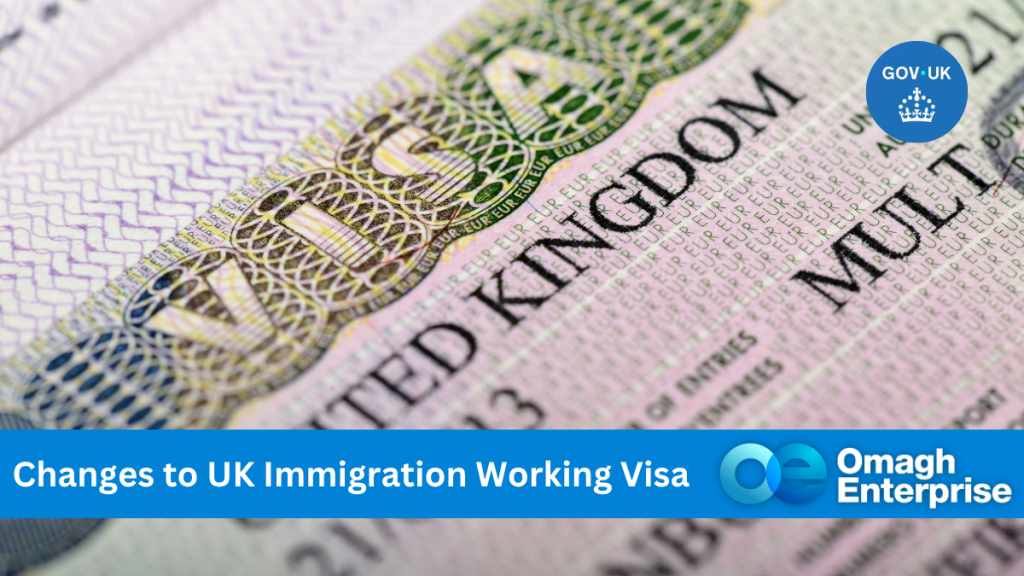
Over £5 Million Invested in Rural Communities and Businesses – Including in the Omagh Area
Rural communities and small businesses across Northern Ireland—including right here in Omagh—are set to benefit from a major investment of £5.28 million in grants awarded











